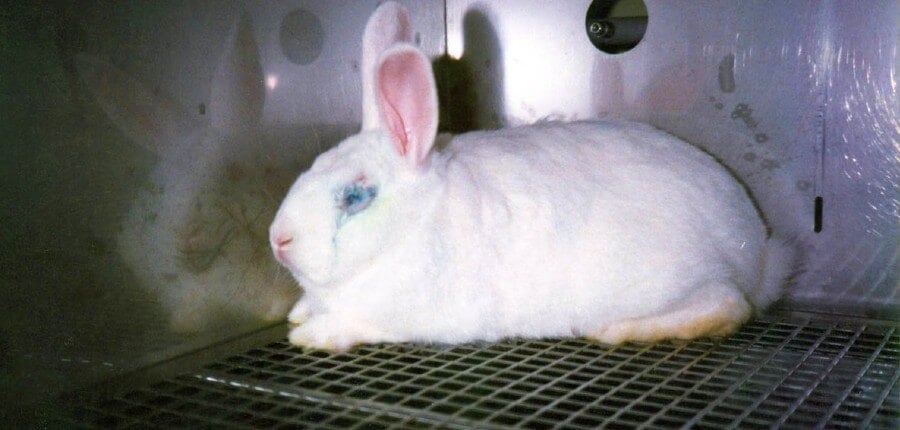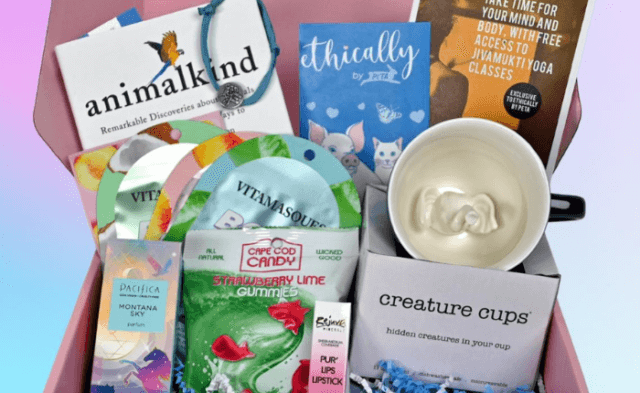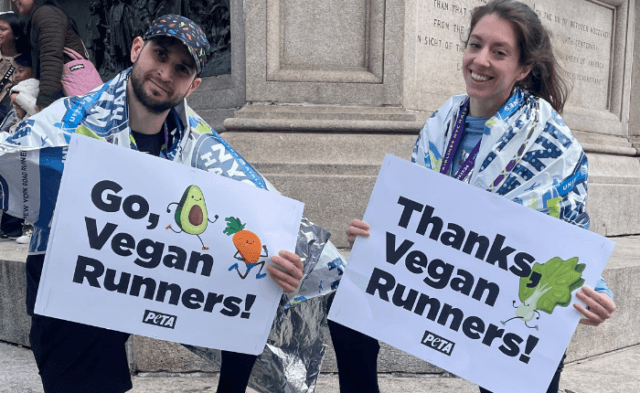The term “cruelty-free” gets bandied about a lot these days. Beauty bloggers mention it often, and companies sometimes cite it in a “Code of Ethics” on their website. And since the European Union (EU), the U.K., and U.S. states such as California and New York have banned animal testing for cosmetics, you couldn’t be faulted for assuming that all products available in these regions, including those that were newly developed, are cruelty-free. But what does “cruelty-free” really mean?
There’s no single globally accepted legal definition, but to PETA, it means that a company or brand has taken the position that it won’t allow any tests on animals, including in its supply chain, for any reason.
However, for others, a “cruelty-free” stance may be hiding a dirty little secret. Some companies—such as Bobbi Brown and Maybelline—say that they don’t conduct tests on animals unless required to by law. This means that by opting to sell in places where such requirements exist, they’re putting profit before ethics by choosing to pay for tests on animals or to use animal-tested ingredients so that they can expand their market. Don’t buy it!
The Legal Background
The EU cosmetics testing and marketing bans came into full force on March 11, 2013. They were meant to ensure that cosmetics tests using animals could no longer be conducted within the EU and to prevent the sale of cosmetics products if they or their ingredients had been tested on animals anywhere in the world after the implementation of the testing ban.*
However, a court case brought by a federation representing a fraction of the cosmetics industry sought an interpretation of the marketing ban that would enable companies to have their products and ingredients tested on animals in places such as China and still sell those products in European stores.
The court ruled that only humane, non-animal methods can be used to satisfy legal safety requirements, and while this will spare many animals the agony of deadly poisoning tests, it’s only a partial victory.
The court ruling allows companies to market products locally after they’ve been injected into guinea pigs, forced down rats’ throats, or applied to rabbits’ eyes in China or other countries as long as the tests aren’t used to demonstrate product safety for EU or U.K. standards. This means that companies may continue to pay for tests on animals in China—where they’re required—as long as they rely only on additional data from non-animal methods to sell those products in the EU.
Testing conducted outside countries with bans isn’t the only problem. A dubious interpretation of the law means that while tests on animals for cosmetics are banned under one regulation, another is being used as an excuse to allow the testing to continue.
Under the guise of the EU’s regulatory framework for chemicals, authorities are still requiring that cosmetics ingredients be tested on animals under certain circumstances. Shockingly, these ingredients are commonly found in products that are readily available, such as anti-dandruff shampoo, perfume, sunscreen, deodorant, and body lotion.
That’s why we urge consumers the world over to use PETA’s searchable, online, global “Beauty Without Bunnies” database of companies that refuse to allow tests on animals anywhere in the world for any reason.
Since 1987, the list of companies that don’t test on animals has been the gold standard for consumers looking to shop cruelty-free. It includes companies that make cosmetics, personal-care products, household-cleaning products, and other common household products. Having grown massively over the years, it now includes more than 4,500 companies that don’t conduct, commission, pay for, or allow tests on animals for any of their ingredients, formulations, or products anywhere in the world.
These companies include top names such as Aussie, Lush, Dove, and Method as well as many fantastic boutique brands. None of them conducts or allows animal testing of any kind, and all have firmly committed to ensuring that there’s no animal testing in their supply chains.
Be a Conscientious Shopper
Over the past few decades, public demand for cruelty-free cosmetics has grown, and consumer power has been a significant factor in influencing corporate behavior and legislative initiatives. In tandem with consumer and industry demand, innovative non-animal testing strategies that yield efficient and accurate safety data have flourished. With economic, consumer safety, and animal welfare benefits, there’s no reason not to end cosmetics tests on animals.
As consumers, we all have the power to help end animal testing. Every time we go shopping, it’s an opportunity to vote with our wallets and send a powerful message to corporations that they can’t have our money as long as they conduct, commission, or pay for tests on animals.
*Before Brexit, the U.K. government suggested that the cosmetics testing and marketing bans would still apply in the U.K. after it left the EU.





